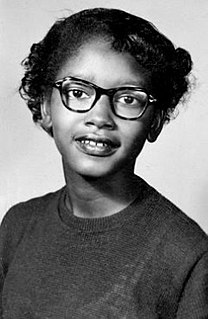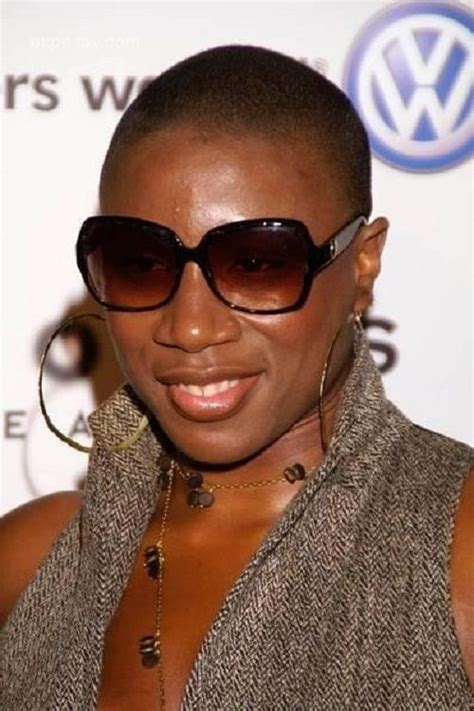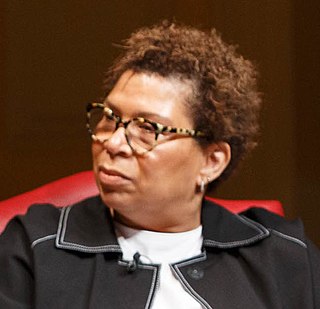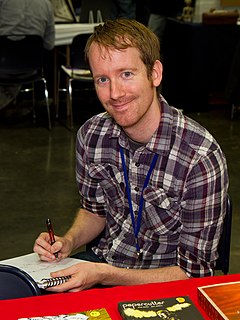A Quote by Douglas Brinkley
Her continuity - you know, if you connect Harriet Tubman, who died in 1913, to Rosa Parks, born in 1913, you get this extraordinary spectrum of the African-American experience.
Related Quotes
It's no mistake that Harriet Tubman is revisiting us, in different forms, right now, as we travel through a very contentious time in the world. Her spirit is one that we absolutely need today, as we face odds that are akin to the divisive and systemic oppression that we read about in our history books, but it's taken on a modern-day articulation of itself. I almost believe that Harriet Tubman asked God for a leave like, "I'm gonna need to go back down there and take care of some things. They're in trouble."
One of our priorities when doing "March" is to sort of undo what we feel is the disservice done by what we call the Nine Words Problem. Which is that most American kids, whatever they do learn about the movement, especially in school, is usually limited to Rosa Parks, Martin Luther King, "I Have a Dream." And so there's sort of a layer of unreality; there's not a sense of continuity.

































